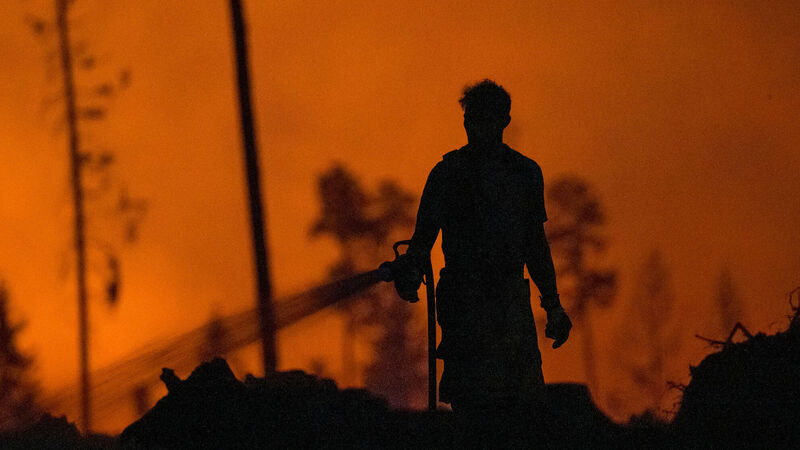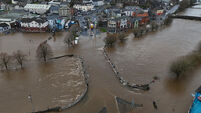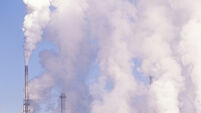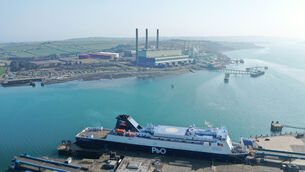Environmental damage is putting European way of life at risk, says report

Member states, including Germany, where a forest fire destroyed land in the summer, have failed to adapt to extreme weather as fast as risk levels have risen.
The European way of life is being jeopardised by environmental degradation, a report has found, with EU officials warning against weakening green rules.
The continent has made “important progress” in cutting planet-heating pollution, according to the European Environment Agency, but the death of wildlife and breakdown of the climate are ruining ecosystems that underpin the economy.
CLIMATE & SUSTAINABILITY HUB













